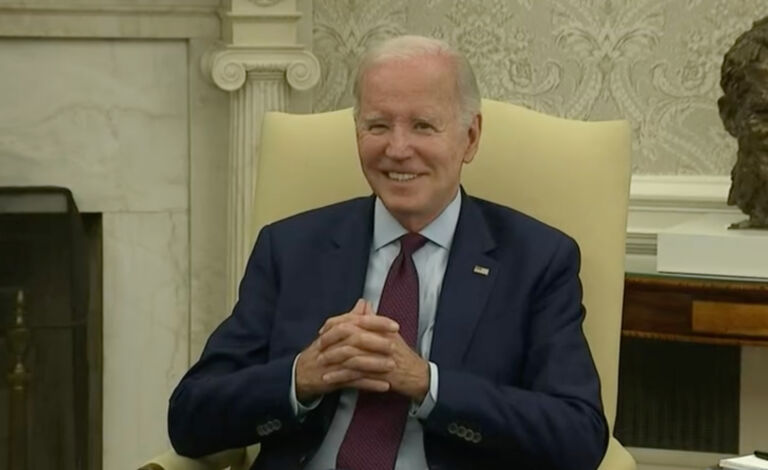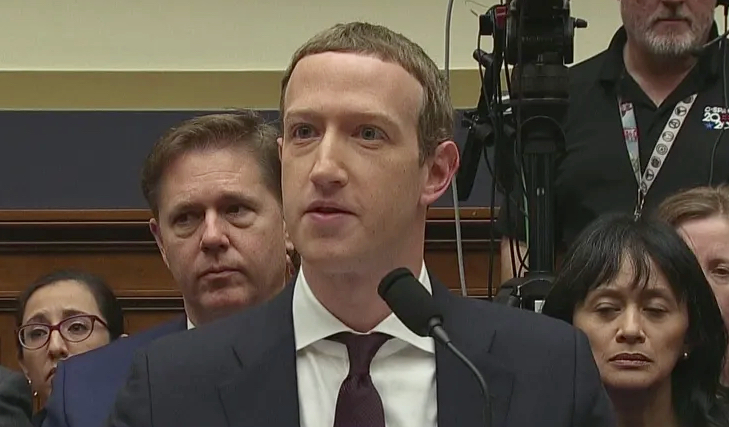President Joe Biden has proposed a $1.9 trillion relief package. As City Journal puts it, “Feel Good Now – Pay Later.” Columnist Allison Schrager keys in on a key component: a federal minimum wage hike to $15 per hour.
The plan includes a national $15 minimum wage and elimination of the “tipped minimum” for service employees. In places like Mississippi, $15 is already the median hourly wage, and the current minimum is $7.25. Biden’s plan thus doubles labor costs for many businesses barely staying afloat. New York City already has a $15 minimum wage, but its tipped minimum wage remains $10. Small businesses, especially in service industries, are already struggling, and many will be facing debts for years to come. Raising their costs now and discouraging hiring will not grow the economy.
Moreover, it’s not clear that wages have anything to do with the pandemic. Unemployment from forced business closures—not inadequate pay—is hurting workers. Evidence suggests that large minimum-wage increases reduce employment for the most vulnerable workers. And those studies were conducted during boom times when businesses were doing well.
There is no doubt that the person who immediately receives the big increase in hourly pay will benefit right away. But one person’s minimum wage hike windfall is another person’s economic loss, as CBS reports (emphasis is mine).
Hiking the national minimum to $15 an hour by 2025 would lift 1.3 million workers above wages that put them below the poverty line, according to the nonpartisan Congressional Budget Office.
The CBO also estimated the move would cost 1.3 million American jobs, a claim long made by conservative economists. Mr. Biden’s call to boost the minimum wage to $15 an hour “is the absolute last thing that unemployed workers need right now,” Michael Farren, an economist with the right-leaning Mercatus Center at George Mason University, said in an email. “After all, they can’t benefit from higher wages if those higher wages result in slower job growth.”
It’s a trade-off between the short term and the long term with very real consequences. Think of all the people who won’t be hired because of the jobs that won’t be created. What if it’s you – or your son or daughter or your grandkids who will miss out on a paycheck? Just as the winners are real people, the losers are real people, too.
So what does the research show us? The John Locke Foundation’s Jon Sanders surveys economic studies about minimum wage hikes as well as real-world examples of what happens when they’re enacted, In August 2019 he looked at a variety of data points:
- After Seattle’s minimum-wage increase, the experienced workers saw their hours cut, and they offset this loss by finding additional work outside the city; less-experienced workers saw no gains; and people out of work stayed out of work, leading to a significant reduction in people joining the workforce (NBER)
- Minimum-wage increases in America caused price inflation that, just in groceries alone, erased most of the gain the poorest workers (the ones who retained their jobs) got from the higher wage, and that the poor shouldered most of the costs of the increase (University of Zurich)
- Minimum-wage increase causes greater crime rates among 16-to-24-year-olds, with the criminal externality cost of a $15/hr. federal minimum wage estimated at nearly $2.4 billion (NBER)
- Minimum-wage increase led to fewer jobs for teens and fewer hours worked by those teens with jobs (MIT)
- The minimum wage in Canada was ineffective in fighting poverty, as more than four out of five minimum-wage workers were not in low-income families (Fraser)
- Higher minimum wages caused fewer teenagers to hold jobs while going to school (Mercatus)
In the weeks to come, we will hear Mr. Biden’s plan described as one that will lift people out of poverty. No doubt that, in the near term, those who receive a higher paycheck will, indeed, benefit. But at what cost to countless others?
While federal policy will be in the hands of the Biden administration and the Democrat-controlled House and Senate, states have a major role to play in the health and economic well-being of their citizens. In North Carolina, the path to opportunity is paved with decisions that make it easier to earn a living, that encourage job creators, that respect taxpayers, and that break down unnecessary barriers to getting a job. We’re up to the challenge, even as we cope with a pandemic. As we work our way out of COVID-19, the John Locke Foundation has created a road map for North Carolina policymakers to create a better Carolina.
Time to get started.


